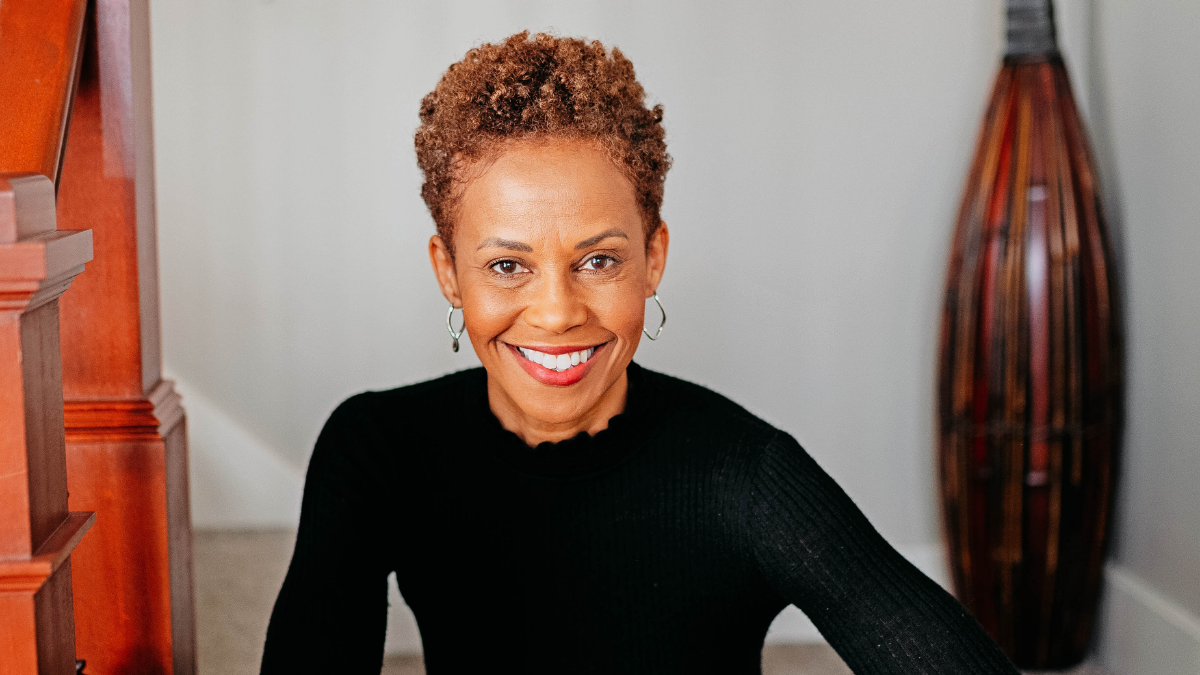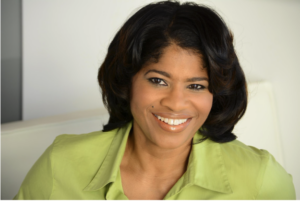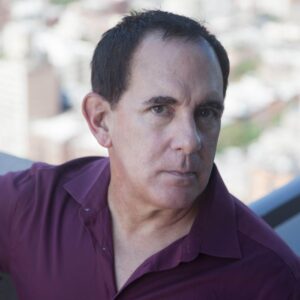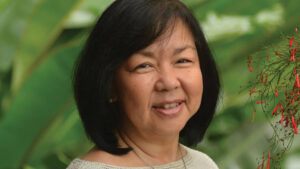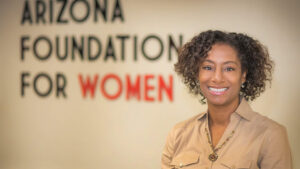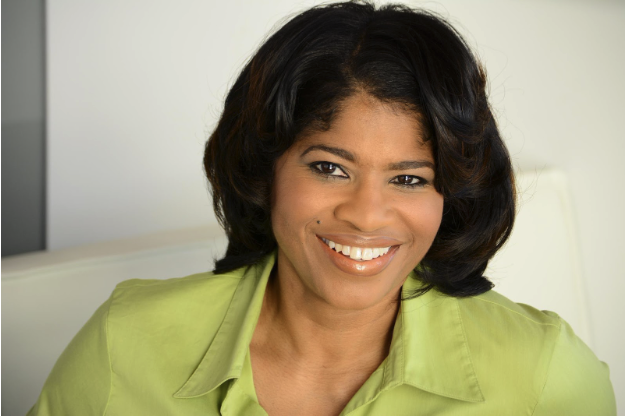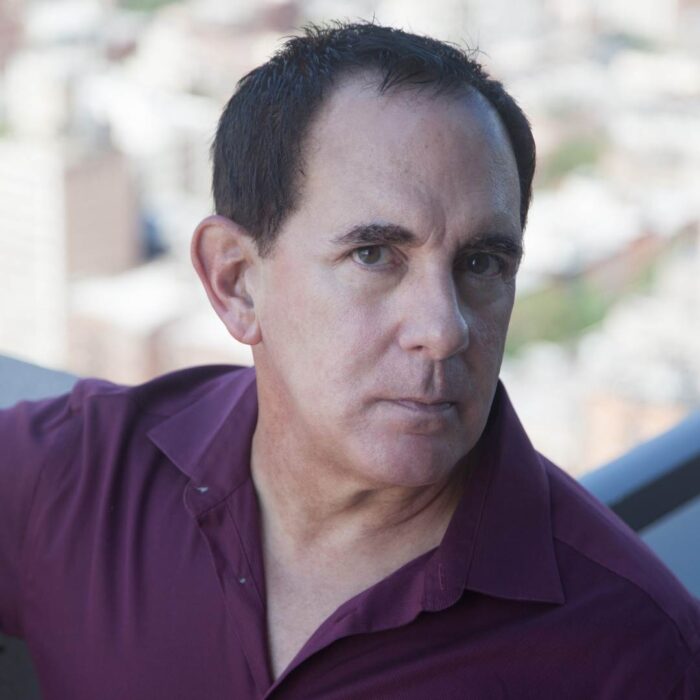An Interview with Kat Mische Elle
Diana, tell us about your experiences and how they brought you to where you are today?
I was born to a white dad and a black mom two months after Martin Luther King was killed. They were two people who just loved each other. I have five older sisters, one younger brother, and my father was abusive. My grandmother on my mom’s side never really took a liking to my mom marrying my dad. My grandmother on my father’s side disowned my mom and dad. Because my father’s family disowned us, we grew up in black culture. I don’t remember white people being around except for my father. He was a person who was very disturbed. He sexually abused my oldest sister, which led to her running away.
I remember at the age of thirteen, I started to see what was going on. I was the athlete, I ran track and played basketball and I used those activities to get out of the house. Leaving the house was something my dad didn’t like us to do. He was oddly overprotective at that time. My father tried to sexually abuse me at fourteen, and I pushed him away and prevented it from happening. I didn’t realize that moment was the beginning of me advocating for myself my whole life. Speaking up, standing up, doing the things that people didn’t normally do around my life. It was around this time that my mom started to notice me. I believed it was because of that incident with my father.
By this time, my older sisters had moved out except for Cheryl and my brother Damien. This was a very big shift for me. My mom started to write notes and put them in my track shoes that I would keep placed on the steps for going upstairs. Those notes really molded me. I would keep those notes and put them in my shoes when I ran.
The notes would say things like, ‘If you put God first, you’ll always be first. If you put God second, you’ll be last. Nothing beats a failure but a try.’
I knew I wanted to go to law school. My sister Teresa told me one day when I was younger that I would be a great lawyer. Of course, no one in the community knew of our family’s past because we kept it quiet; it’s a very small town. I didn’t really have aunts and uncles who were around for support beside me. I didn’t have anyone pouring support into me, except for my sisters.
I believe God patterned me to believe and see more than what I could see with my eyes. I envisioned how I could help people, and my inspiration began. I graduated high school and I went on to college where I walked onto the track team and got a college scholarship, then I got into law school.
At college, I met this guy; he was white. He was cute and interested in me, but I told him, “I don’t date or marry white guys. You’re cute, but not my type.” Fast forward and following my heart, he became my husband. My husband is the most amazing man I have ever met! But I was really against interracial marriages because of all the abuse I went through with my father, so this was big for me to overcome. This relationship healed a big part of me.
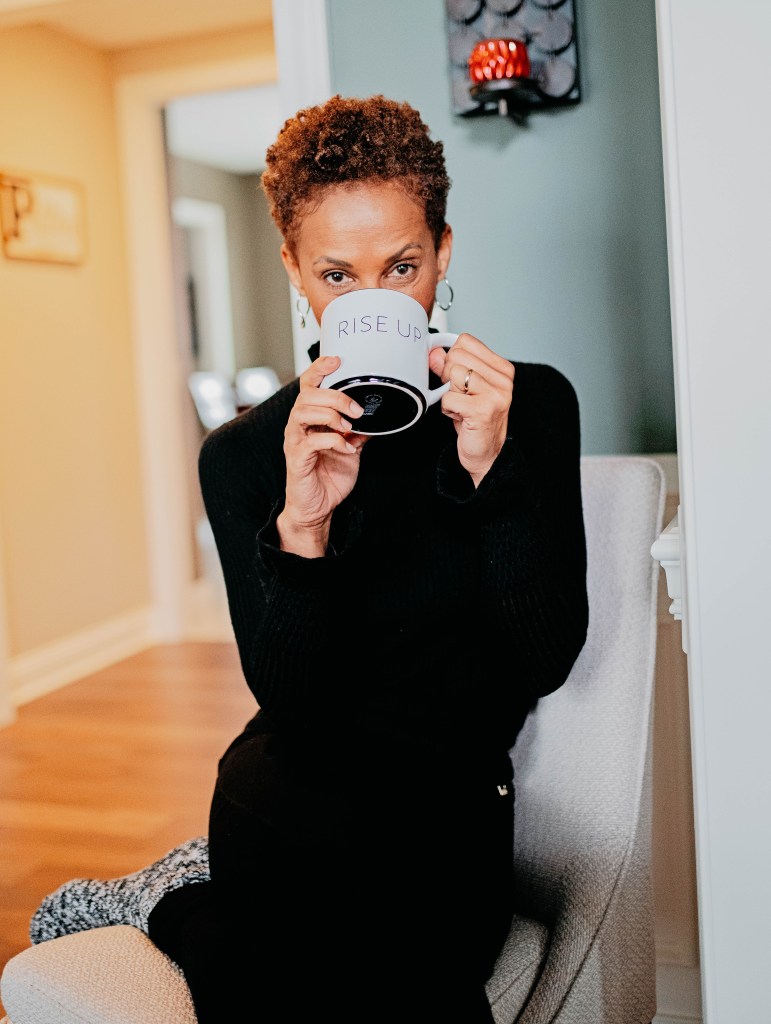
So, your trauma associated the abuse with the skin color, not your father’s individual behavior.
Yes, that began my understanding of what we call bias, right? Being an advocate, understanding interracial marriages, the intersection of race, intersectionality, discrimination, all those things, all that I learned as a child played a significant role in my understanding of how I want to be an advocate and a lawyer for civil rights.
I became a global purchasing director; I became the head of supplier diversity. I was working at a very high level. Getting promoted was never an issue. But the way I dealt with trauma was to run and not be still. I kept busy.
But this trauma, understanding it and knowing how to use my voice… It was never an issue for me to use my voice. Using my voice was how I got my jobs. People would say, ‘She knows how to speak up.’
But I also didn’t know how to be quiet. I didn’t know how to be still. I didn’t know my inner voice. I didn’t know the strength of being still, or of really understanding myself. I really didn’t know how to do that. I could dress up, I could get in people’s faces, I could do the thing. I was shadowboxing my dad because ‘No one was gonna tell me no!’ If you told me I can’t, I’m going to do more of exactly that.
That was a prescription for death. And I didn’t understand that until I started understanding the wisdom of being still. And then it all crashed and burned when George Floyd hit. It took me to a deeper understanding. And I wrote it all in my book, Inspiration in My Shoes.
When I wrote my book, I knew that I needed to spend the rest of my life helping young black and brown girls to see themselves, to value themselves. So that they don’t cry themselves to sleep. I want them to have visions of doing things beyond their current life’s circumstances. I realized I must help professional women overcome challenges, adversities, and trauma so that they can activate their voice from a healed space and then advocate for themselves. Then for diversity, equity, and inclusion. Because you can’t really be an effective advocate from an unhealed space.
Why is it important to build strength for self-reliance and in the unity of community? How would this support a social environment?
People have to reconcile themselves with themselves. And once you reconcile yourself, I like to use the term from Dr. Joe Dispenza, where he talks about the identity gap: the person that you allow people to see, and the person that’s behind the scenes. Once those two people come together and they can become more unified, then you can have the best social impacts. Because there’s less likely to be depression, anxiety, worry, doubt, blame, guilt, and shame.
When you do that, you realize your life is for service, and you are able to invest in your community. A lot of people don’t reconcile themselves with themselves, and they never really get the opportunity to have the greatest impact for social good. Because social impact, when you are a part of a community, you are a part of an ecosystem. And when that ecosystem is diseased, it takes away from the opportunity of that community to do its greater good.
That’s why I believe that we can make the greatest impact when we love ourselves.
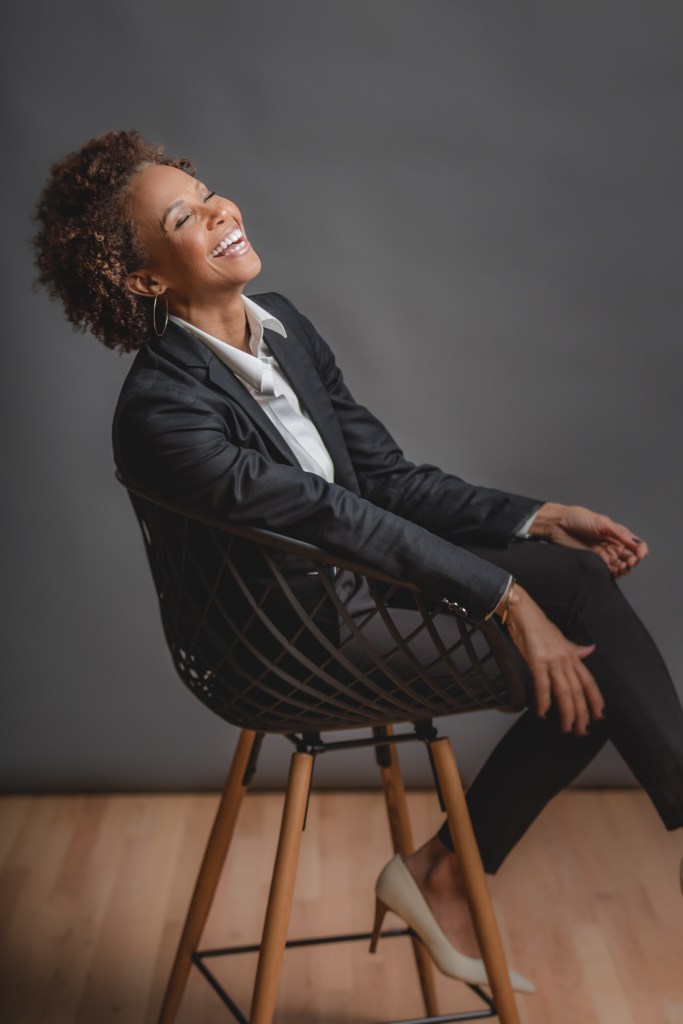
When do you stop asking others to be the change you need for you to take action in a new direction?
When you begin to understand your unique identity proposition, you will understand who you are at the deepest core, and that learning never ends. You really begin to understand that once you get proximate to the issues in your community, you will recognize that a lot of people are not. And I say this because a lot of people want to do good in the world, but they have no clue how because they’re not close to the issue. I say if you’re really trying to find a way to stop asking others to do things, you should start leaning into where the problems are and start to understand what role you play. So again, everything starts with this reflection, “How unique am I? What can I do that no one else can do?”
What situation or event led you to believe that you had gone as far as you could go when reaching for that next achievement, only to discover that you really could have gone so much further?
George Floyd. Need I say more? When this happened, I went through a serious depression. My kids had all graduated from private schools. My husband and I were able to give our children everything I know I never had. He’s an amazing father and the most amazing husband. He is a great man who has invested significantly in our kids.
When George Floyd hit, I realized I needed to peel away another layer because I am about spiritual change. I am about something that is going to outlive me. The advocate work I’m doing is supposed to outlive me, my physical self.
I lost fifteen pounds. I had uncontrollable shaking. I could not speak. I realized I was taking in my family’s past racial trauma—and everything that we as black people stood for—of being noosed. Everything George Floyd experienced. I felt like the whole world was inside of my body. And I was trying to escape it all. I was almost getting to the brink of death.
That is when I relinquished it and said, “I need help, I can’t do this.” That was the significant shift to what I would like to have as enlightenment, to really learn the deepest part of who I am. I struggled. I needed to reposition my path and do more.
How are you serving people now?
I have my Rise Advocates Academy. It’s a course that I teach. After eight weeks, the student becomes a Certified Rise Advocate and I have continuing education to help support them to advocate for themselves. I have a membership where women work with me and help grow this Rise Advocates Community to be a support for these women. I like to say that I’m building a bench of lawyers to help these women because the biggest pain point they have is, “If I speak up, will I get fired? Will I get demoted? Will people look at me differently? I don’t know if I want to be in ‘good trouble,’ like John Lewis talks about? To be an advocate means to get in ‘good trouble.’ Because getting in ‘good trouble,’ I could lose my job, I could lose my pension.” These women know they can trust me to help them.
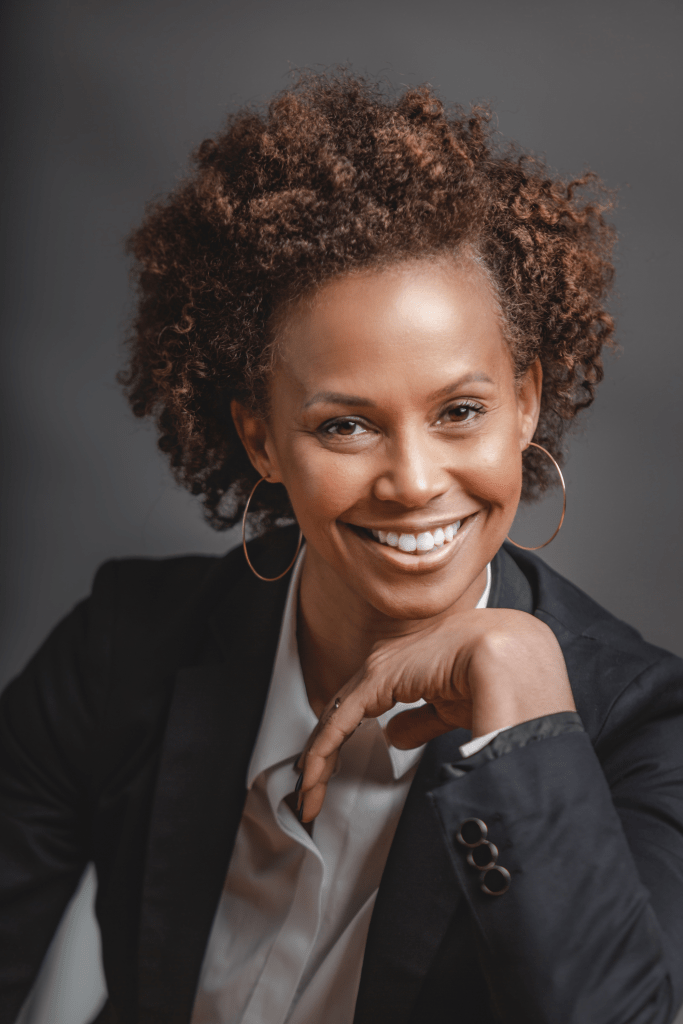
Are you not going to courtrooms anymore?
I am not practicing mainstream law, no, that’s too narrow for me. I must be an advocate in the streets and with these women in organizations. That’s how I’m going to help them. I will also do work with organizations in leadership development and diversity, equity, and inclusion. I believe in tangible results. We speak out. When we do hard things, and we’re willing to put our voice out there and be that person, that’s how things change.
Leading by example.
You know what I’m tired of, Kat? I’m tired of what I call the ‘chicken- beef- vegan model.’ You go to a women’s event and you pick chicken, beef, or vegetarian. It’s three days long, everybody’s trying to figure out how cute they look in their outfits. They take the little photos for social media, they post them on social media, they see that they help these young people, then they go home. And they don’t change. Then, we have the next women’s event and we talk about the same problems. Because no one’s really rolling up their sleeves, going into the community, and being of service.
Because that’s where my work is. This is a daily practice. And it starts with yourself. Feed your body well because you’ve got to have certain practices that are going to help you get to the next level. If we are supposed to love our neighbors as ourselves, we must make certain that we’re loving ourselves first and providing an example. So, when you enter a room as a grown woman, your energy gives off this feeling to a young girl to help inspire her own power.
And you’re speaking to someone who struggles. I don’t have it all together. My focus requires intentionality. And that requires a certain cadence of work ethic. And the first part of that ethic means getting quiet. One of my mantras is, “Shut your ass up and sit down.” And that’s hard for me. So, that’s a part of my work.
When being faced with negative changes of a situation, what is the best emotional and spiritual stop, drop, and roll method to use that you have found helpful?
I use my PASSION method.
Pause | Assess | Space | Speak | Insight | Open | N(k)nowledge.
So, you can be in response, not reaction.
Yes.
Who would you thank for being a major inspirational influence in your life?
My mama. Enough said. Joanie Alice Jackson Pinsky.
What is the best way for the readers to find you?
Riseadvocates.com, Facebook, Twitter, Instagram. And I really encourage people to go to riseadvocates.com because they can sample the course if they sign up. One of my favorite chapters is obliterating hidden barriers and overcoming your adverse childhood experiences.

